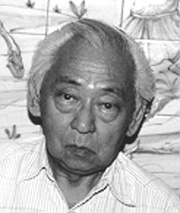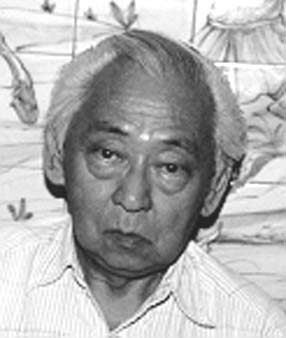
Japanese American Military Experience Database

Tohoru Isobe
Gender
Male
Birth date
1926-5-25
Place of birth
San Francisco CA, U.S.A.
Inducted
1952-4-18, Los Angeles CA
Enlistment type
Draftee
Service branch
Army
Service type
War
Unit type
Support
Units served
511th MISC
Military specialty
Linguist
Stationed
USA; Japan; Korea
Separated
Camp Stoneman CA
Unit responsibility
Strategic intelligence information gathering.
Personal responsibility
Interrogation of POW's during the war.
Major battles (if served in a war zone)
'52/'53 Fall/Winter Campaign - Spring/Summer Campaign '53
Awards, medals, citations (individual or unit)
National Defense Service Medal; Korean Service Medal w/2 Bronze Service Stars; United Nations Service Medal; Korean Presidential Unit Citation
Living conditions
Generally good at the parent unit which was a former hot springs resort hotel built by Japanese north of Pusan. On TDY, it was just the same as any other Army units and mostly consisted of squad tents w/bunk beds and sleeping bags. Usually make-shift showers were available. Also, movies were available wherever or whenever possible (early release).
Most vivid memory of military experience
Assigned to interrogate possible double-agents (or enemy agents) disguised as a man and his wife with a child (not real). One was a girl about 14 yrs old of Turkish Japanese extraction. These incidents took place after the cease-fire of 27 July '53. They were known as 'Line Crossers'.
Missed most whilst in the military
Relaxation in my own preferred environment and good food.
Most important thing, personally, to come from military experience?
I hope the information I gathered through interrogation helped in some way to save lives of Americans and bring about the cease fire on the peninsula.
Additional information
Many of us who had some knowledge of Japan or its language were pressed in this specific assignment after 8 weeks of special schooling in Japan and sent to Korea. Of course all Koreans of our generation spoke fluent Japanese. But when the Chinese entered the war, we had to use Koreans who were tri-lingual (Chinese, Korean, and Japanese) as interpreters. I retired from the U.S. Post Office after 30 years of service and now take trips domestically and to other parts of the world.


